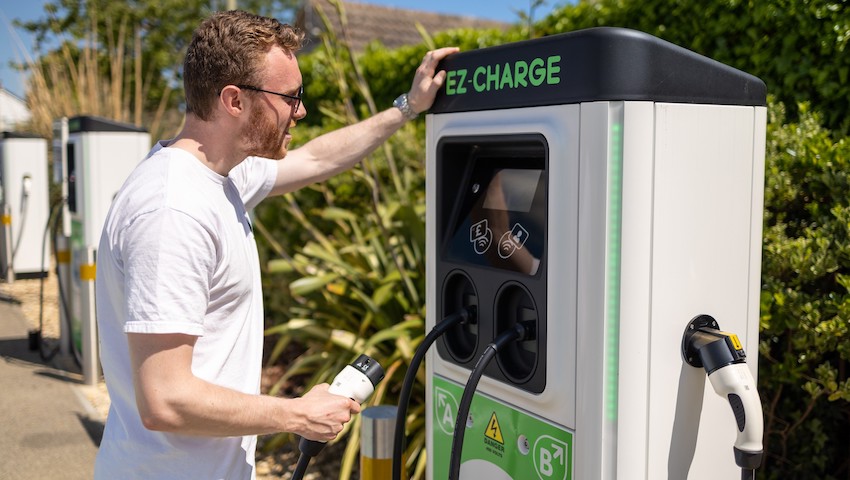Are electric cars helping to achieve the UK’s net-zero target?
With the popularity of electric cars ever increasing, it’s important to assess whether they are actually as beneficial for the environment as we’re told to believe, and if they are more sustainable than cars powered by fuel.
Here, we’ll discuss if electric cars are reducing the volume of carbon emissions, including their environmental impacts and what advancements are being enrolled to help the UK reach its target of net-zero by 2050.
Effects on air pollution
The main question is: are electric cars reducing air pollution levels? EVs like the MG4 Electric Car produce zero emissions, which means they aren’t releasing pollutants like nitrogen oxide and carbon dioxide from the exhaust as you drive – at least locally to where the vehicle is being driven. This has significantly reduced air pollution levels. To put things into perspective, just one electric car on the road can save up to 1.5 million grams of CO2.
The production of electric vehicles
One of the largest concerns about how green EVs really are is due to the manufacturing process. When EVs are produced, more emissions are realised compared with that of conventional vehicles. The reason behind this is because of the lithium-ion batteries, which contain rare earth elements that must be extracted using mining activities.
However, technology and alternative methods are being developed to reduce the negative environmental impacts of the extraction of lithium. One example is Direct Lithium Extraction (DLE), which helps to preserve water resources for local wildlife and minimises the toxins present at the end of the process. It means that DLE could solve the environmental concerns of extraction while ensuring a net-zero future is attainable.
Regardless, EVs are still a much more sustainable and greener option over the lifetime of the vehicle compared with petrol- and diesel-powered cars.
The use of electricity for charging
Electricity is required to charge EVs, which we know can lead to the burning of fossil fuels. While this can be damaging, we know that this is still much lower than the emissions produced by conventional vehicles. In order to achieve net-zero, electricity must be generated from renewable sources only.
The UK is currently at a turning point in electricity production. Even though electricity is still being generated through fossil sources, statistics indicate that we are now producing more electricity from low-carbon sources than ever before, outperforming that of fossil fuels. This is a great step toward net-zero and means the likelihood of it occurring by 2050 is much more achievable.
Drivers can also do their bit by switching to an energy provider that uses low-carbon electricity, should they choose to charge their vehicle at home.
